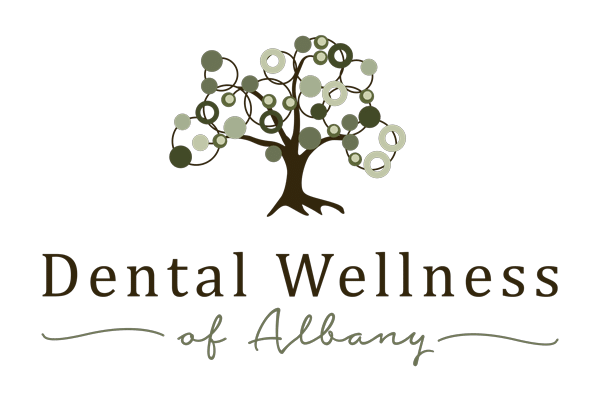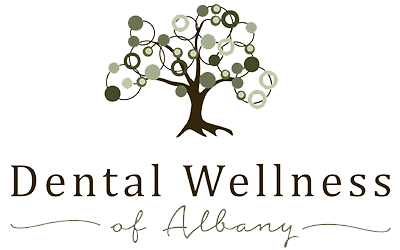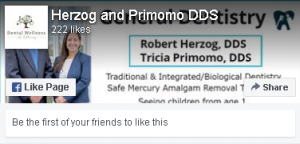What to Know About Periodontal Disease
There is a lot of misconception about periodontal disease. Since it affects the teeth, many people think that periodontal disease is all about the teeth. However, it’s actually a disease that affects the gums first, which leads to problems with teeth. In fact, periodontal disease is a serious gum infection that impacts the area surrounding the roots of the teeth, the alveolar bone and the periodontal ligament. Read on to learn more about periodontal disease.
Periodontal Disease is Preventable
In the vast majority of cases, periodontal disease could have been prevented. Regular teeth cleanings and visits to the dentist can take care of early signs of issues with the gums.
Periodontal Disease Starts With Gingivitis
Gingivitis is the early stage of periodontal diseases. While periodontal disease affects areas in addition to the gums, gingivitis affects only the gum tissue.
Dental Plaque Leads to Periodontal Disease
If you are wondering where the bacteria in periodontal disease comes from, look no further than dental plaque. Dental plaque is that hard, white build-up on your teeth that dental hygienists are always trying to get rid of. This is why routine teeth cleanings are so important throughout your life.
Periodontal Disease is Treatable
The good news is that your Albany dentist can treat periodontal disease. Depending upon the extent of the disease progression, your dentist may or may not be able to save affected teeth. However, with expedient, efficient treatment, periodontal disease can be halted.
Treatment For Periodontal Disease
To prevent tooth loss, periodontal disease needs to be vigorously treated. Available treatments include:
- Deep Cleaning and Scaling
- This gets rid of plaque build up on the teeth and beneath the gum line.
- Laser Treatment
- The latest advance against periodontal disease is laser treatment, which kills the bacteria that damages teeth, gums and supporting structure.
- Home Maintenance
- Your at-home oral hygiene is essential. Your periodontist in Albany will guide you as to what you need to do to ensure that periodontal disease does not return.
For more information and help with periodontal disease, please contact us today.






Leave a Reply
Want to join the discussion?Feel free to contribute!